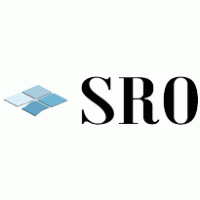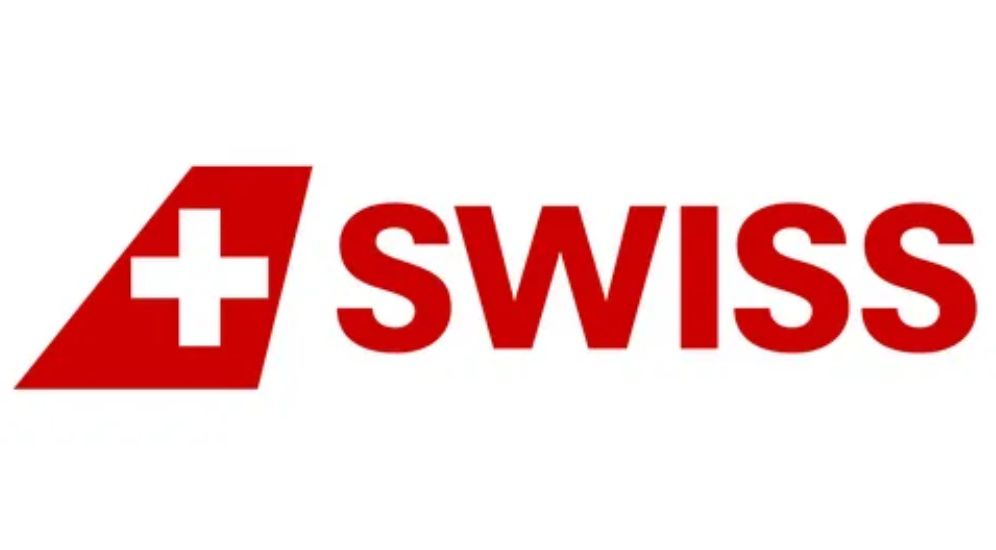Whether in global finance, of a world that is very regulated and where credibility matters a lot, being able to create credibility and compliance is paramount. The Swiss SRO (Self-Regulatory Organization) license is a desirable credential to financial service providers, especially those in the growing fields of fintech and cryptocurrency. It is a simplified but solid access point to doing business in a desired legal and effective way in the respected financial ecosystem of Switzerland. This article delves into the details of the SRO license, its purpose, the application process, and its many benefits.
What is an SRO Regulatory License?
An SRO license is not a direct authorization from the Swiss Financial Market Supervisory Authority (FINMA) in the same way a banking license is. Instead, it is a membership in a private, FINMA-recognized Self-Regulatory Organization. Under the Swiss Anti-Money Laundering Act (AMLA), financial intermediaries who are not directly subject to FINMA supervision must become a member of an SRO to fulfill their anti-money laundering obligations.
FINMA has entrusted these SROs (which include the VQF, PolyReg, and SO-FIT) with the role of oversight and the application of AMLA compliance among its members. Such a decentralized way of supervising enables a more flexible and efficient system of regulation, particularly in the case of entities that do not need a full banking license.
Who Needs an SRO License?
The SRO license is mandatory for any individual or company that operates as a financial intermediary on a professional basis in Switzerland, without holding a direct FINMA license. This includes a wide range of activities, such as:
- Payment Services: Facilitating electronic transfers, payment processing, and issuing payment instruments.
- Crypto Asset Services: Trading, exchanging, brokerage, and custody of cryptocurrencies.
- Asset Management: Managing assets on behalf of clients.
- Forex Trading: Providing services for trading foreign exchange.
- Credit Transactions: Offering consumer loans, mortgages, or commercial financing.
- Commodity Trading: Trading in precious metals and other commodities.
The distinction between “professional” and “non-professional” activity is crucial. Generally, an activity is considered professional if the company’s annual gross income from financial services exceeds CHF 50,000, it serves more than 20 clients, or it has assets under management exceeding CHF 5 million.
Fast-track compliance in Switzerland, apply for your SRO license now
The Application Process and Requirements
Obtaining an SRO license is a multi-step process that demands thorough preparation and adherence to strict compliance standards. The general steps are as follows:
-
Jurisdictional Assessment:
A legal analysis is performed to confirm that the company’s activities fall within the scope of AMLA and are suitable for SRO supervision.
-
Choose the Right SRO:
Switzerland has multiple FINMA-recognized SROs, each with its own focus and fee structure. It is essential to select an SRO that aligns with your specific business model.
-
Prepare Internal Documentation:
This is the most critical and time-consuming phase. Required documents typically include:
- A comprehensive Anti-Money Laundering (AML) and Know Your Customer (KYC) policy manual.
- Detailed transaction monitoring workflows.
- A risk assessment and mitigation plan.
- Appointment of a qualified Compliance Officer.
- The company’s corporate governance structure.
-
Application Submission and Due Diligence:
The completed application, along with all supporting documents, is submitted to the chosen SRO. The SRO will conduct thorough due diligence on shareholders, directors, and the company’s technological and operational infrastructure.
-
Compliance Interview:
The SRO may conduct an interview with the company’s Compliance Officer to assess their understanding and competence in handling potential compliance issues.
-
Approval and Registration:
Once the SRO is satisfied that all requirements have been met, the company is granted membership. This membership is then registered in the public directories of both the SRO and FINMA, allowing the company to legally offer its services.

Key requirements for the company itself typically include establishing a legal entity in Switzerland, having a physical office, and appointing at least one Swiss-resident director with decision-making authority.
Advantages of an SRO License
The Swiss SRO license offers significant benefits for financial service providers:
- Credibility and Trust: Operating under the supervision of a FINMA-recognized SRO leverages Switzerland’s global reputation for financial stability and integrity. This instills confidence in clients and partners.
- Flexibility and Innovation: The Swiss SRO license offers significant benefits for financial service providers. Additionally, the SRO framework is particularly well-suited for fintech and crypto companies.
- Streamlined Process: The SRO membership procedure is less capital-intensive and simpler than a direct FINMA license and its average time is estimated at 4-8 weeks.
- Availability of a powerful financial Centre: Swiss presence offers availability to highly qualified labour force, a steady political and economic climate and a worldwide network of financial institutions.
- Access to a Strong Financial Hub: A Swiss presence provides access to a highly skilled workforce, a stable political and economic environment, and a global network of financial institutions.
Frequently Asked Questions (FAQs)
Q: Is an SRO license the same as a FINMA license?
A: No. An SRO license is a membership in a self-regulatory organization recognized by FINMA. It is an alternative to direct FINMA supervision for certain financial intermediaries and focuses primarily on AML compliance.
Q: How long does it take to get an SRO license? **A: **The process can take anywhere from 4 to 8 weeks, depending on the complexity of the business model and the completeness of the application.
Q: Do I need a physical office in Switzerland? A: Yes, a physical office is a key requirement for SRO membership.
Q: What is the role of the Compliance Officer?
A: The Compliance Officer is responsible for implementing and overseeing the company’s internal AML/KYC policies, conducting transaction monitoring, and ensuring ongoing compliance with SRO and FINMA regulations.
Q: Can a non-Swiss resident be a shareholder?
A: Yes, non-Swiss residents can be shareholders. However, the SRO will conduct due diligence on all shareholders holding a significant stake to ensure their legitimacy
Customer Reviews
- “We chose the SRO license to launch our crypto exchange, and the process was much smoother than we anticipated. The SRO’s guidance on AML policies was invaluable, and it gave our customers a high level of confidence from day one.” –
- “As an asset manager, I needed a simple and credible way to operate. The SRO membership was the perfect fit. It showed my clients I was committed to the highest standards of compliance without the lengthy and expensive process of a full FINMA license.”
- “The Swiss SRO license has been a game-changer for our fintech company. We were able to combine payment processing and crypto services under one roof, which our competitors couldn’t. It’s a testament to Switzerland’s forward-thinking regulatory approach.”
Launch your fintech or crypto business in Switzerland with SRO membership
Have you any question comment here



